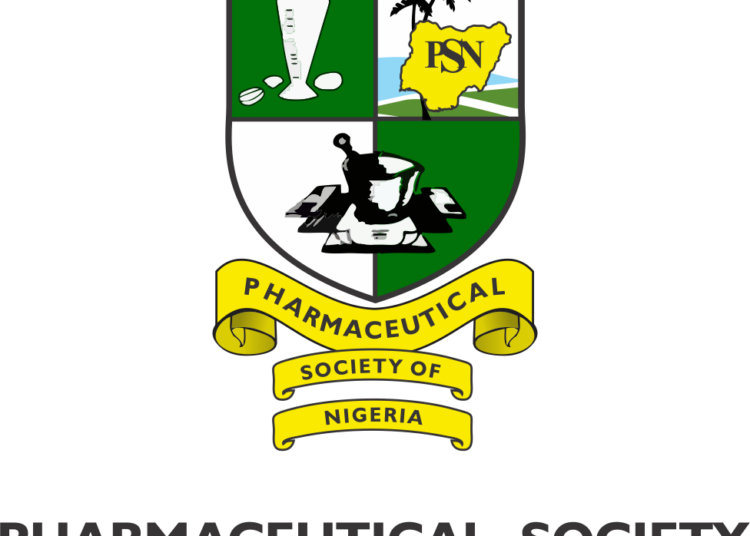Pharmaceutical Society of Nigeria (PSN) has accused the federal government of apathy and favouritism in the administration of the nation’s health sector.
It warned that the continued marginalisation of non-medical professionals could worsen disunity and inefficiency in healthcare delivery.
At a pre-conference press briefing in Lagos ahead of the Society’s 98th Annual National Conference (DABO 2025) scheduled to hold in Kano, PSN president, Ayuba Ibrahim, urged the federal government to ensure fairness and equity among all healthcare professionals.
He lamented that government policies and practices have consistently favoured doctors over other professionals, a situation he said undermines harmony and weakens the entire healthcare system.
The PSN president said the country’s health system must reward competence rather than connections, stressing that pharmacists play an indispensable role in patient care and deserve commensurate welfare and recognition.
Ibrahim decried the rising wave of migration among pharmacists, revealing that over 8,200 pharmacists have failed to renew their licenses in the past five years, many having left Nigeria for better opportunities abroad.
“The profession is losing talent rapidly; PSN data shows that over 8,200 pharmacists have failed to renew their licenses in the past five years, many of them having migrated abroad.
The government must address this exodus in the national interest,” he stated.
Ibrahim also condemned what he described as “institutional apathy and lopsidedness” in remuneration and policy implementation, particularly the proposed salary relativity between the Consolidated Health Salary Structure (CONHESS) and the Consolidated Medical Salary Structure (CONMESS).
“We insist that this cannot stand, otherwise, it becomes meaningless to study any other health course apart from medicine. The existing CBA with the federal government is clear: our wages must be parity-based, not relativity-based. The PSN and JOHESU will resist any attempt to entrench such an immoral and unlawful policy,” he said.
According to him, any policy that entrenches wage disparity would discourage young people from studying other health professions and threaten the sustainability of multidisciplinary collaboration in the sector.
He further faulted the federal government’s “selective approach” to healthcare development, urging it to carry pharmacists along in national policy formulation and implementation.
Ibrahim also criticised the establishment of “Universities of Medicine and Medical Sciences,” describing the concept as discriminatory and unconstitutional since it excludes other vital health disciplines.
Highlighting upcoming events, the PSN President announced plans for the Society’s Centenary Celebration (1927–2027) and said the DABO 2025 Conference, themed “Pharmacy Forward: Building a Future-Ready Workforce for Performance, Collaboration and Transformation,” will bring together policymakers, industry leaders, and development partners to chart a new path for pharmacy practice in Nigeria.
“This conference is not just another event, it is a movement to build a future-ready, collaborative, and impactful pharmacy profession,” he said.
Present at the briefing were the national chairman of the Association of Community Pharmacists of Nigeria (ACPN), Ezeh Ambrose Igwekamma and the treasurer of the Nigerian Academy of Pharmacy and former chairman of the PSN Lagos Branch, Sir Anthony Bola Oyawole.





